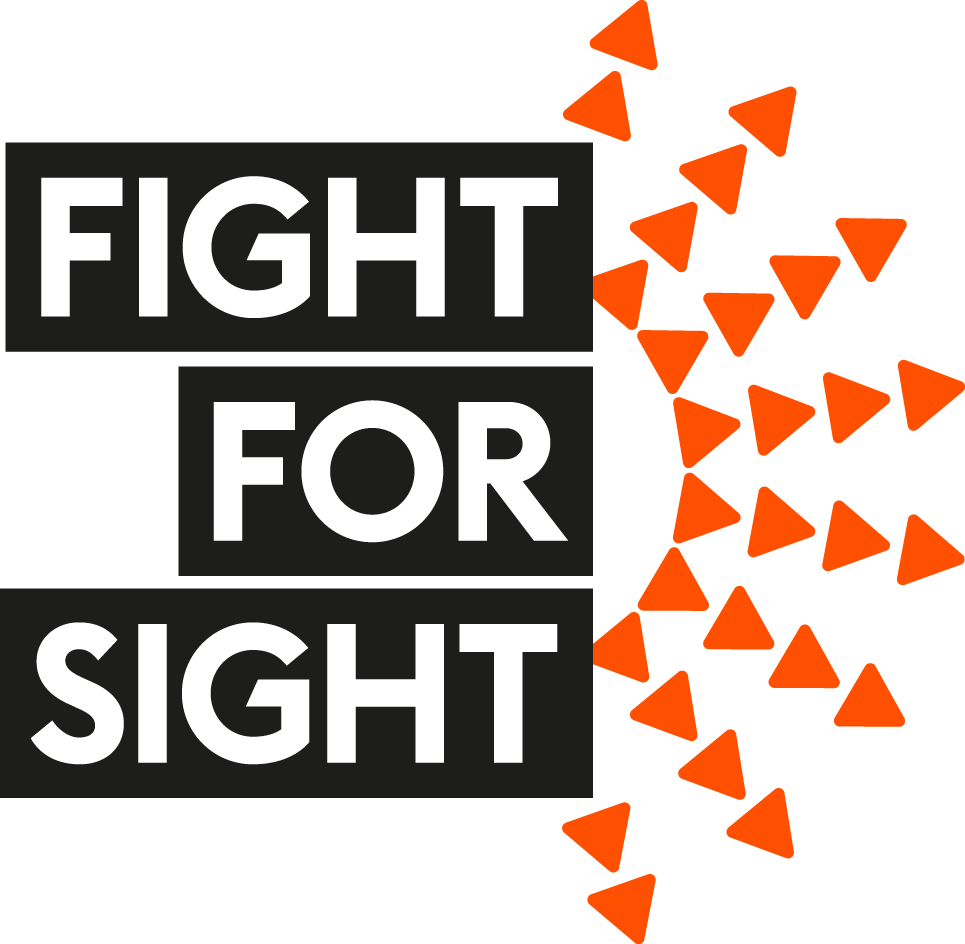Google DeepMind partners with Moorfields to help diagnose eye conditions sooner
One million digital eye scans will be analysed using artificial intelligence
Moorfields Eye Hospital and DeepMind Health have teamed up on a research project that could speed up diagnosis of common eye conditions.
At the moment, health professionals rely on digital scans of the eye to detect conditions such as glaucoma, age-related macular degeneration and diabetic retinopathy. The scans are complex and take time to analyse. This can affect how quickly patients can get a follow-up appointment to discuss their diagnosis and options for treatment.
Machine learning
Google DeepMind uses what’s known as ‘machine learning’ to solve difficult problems; it’s a type of artificial intelligence, or AI. The partnership with Moorfields means that DeepMind Health will be able to analyse 1 million anonymous eye scans to look for the early signs of eye conditions that humans might miss.
Professor Sir Peng Tee Khaw is Director of the National Institute for Health Research Biomedical Research Centre in Ophthalmology at Moorfields Eye Hospital and UCL Institute of Ophthalmology. He said:
"Our research with DeepMind has the potential to revolutionise the way professionals carry out eye tests and could lead to earlier detection and treatment of common eye diseases such as age-related macular degeneration. With sight loss predicted to double by the year 2050 it is vital we explore the use of cutting-edge technology to prevent eye disease."
Mustafa Suleyman, co-founder of DeepMind, said:
“We set up DeepMind because we wanted to use AI to help solve some of society's biggest challenges, and diabetic retinopathy is the fastest growing cause of blindness worldwide. There are more than 350m sufferers across the planet. I'm really excited to announce this collaboration with leading researchers at Moorfields.
“Detecting eye diseases as early as possible gives patients the best possible chance of getting the right treatments. I really believe that one day this work will be a great benefit to patients across the NHS. We are proud of our NHS, and this is one of the ways I think we can help nurses and doctors continue to provide world-class care.”
Fight for Sight
Dr Dolores Conroy, Director of Research at Fight for Sight welcomes the partnership. She said:
“We are really excited about this collaboration and the potential of machine learning to analyse the thousands of retinal scans taken each week in the NHS allowing eye health professionals to make faster, more accurate diagnoses and more timely treatments thus preventing sight loss. In the longer term this technology could provide important insights into disease mechanisms in wet AMD and diabetic retinopathy”.
A Fight for Sight PhD studentship at the University of Liverpool began last year to develop machine learning software that can detect and grade images from people with diabetic retinopathy. Read more about the project below.


